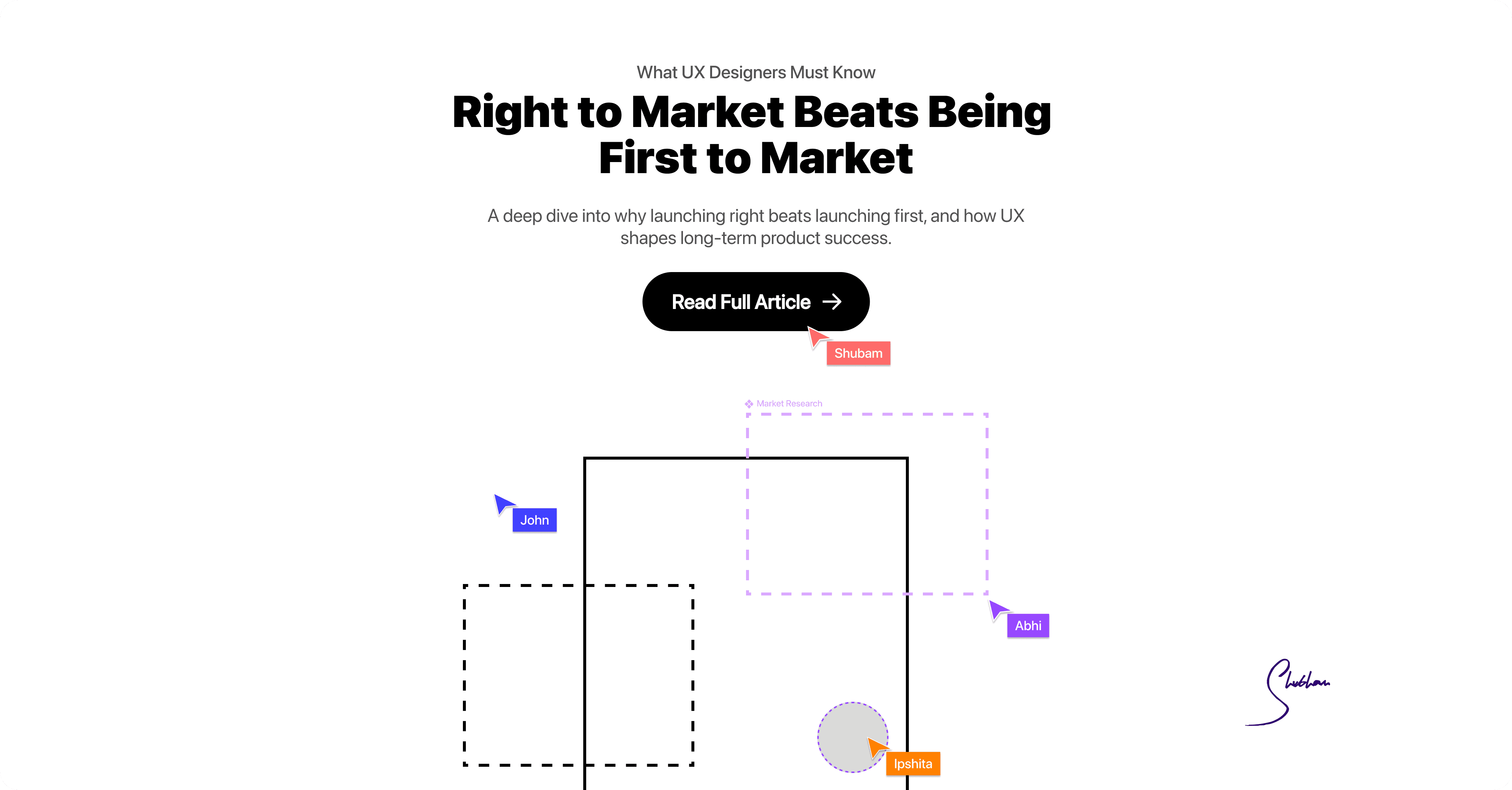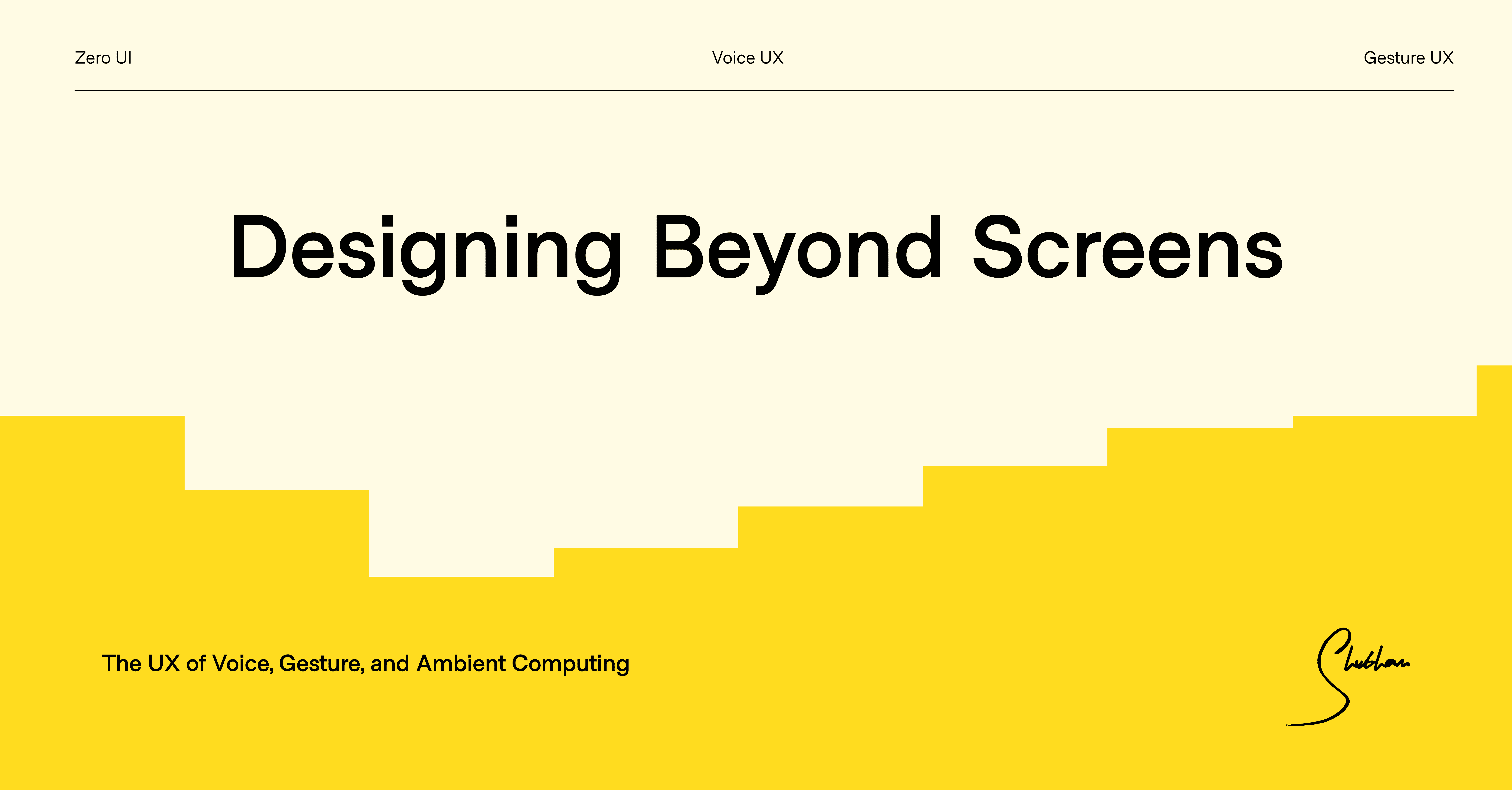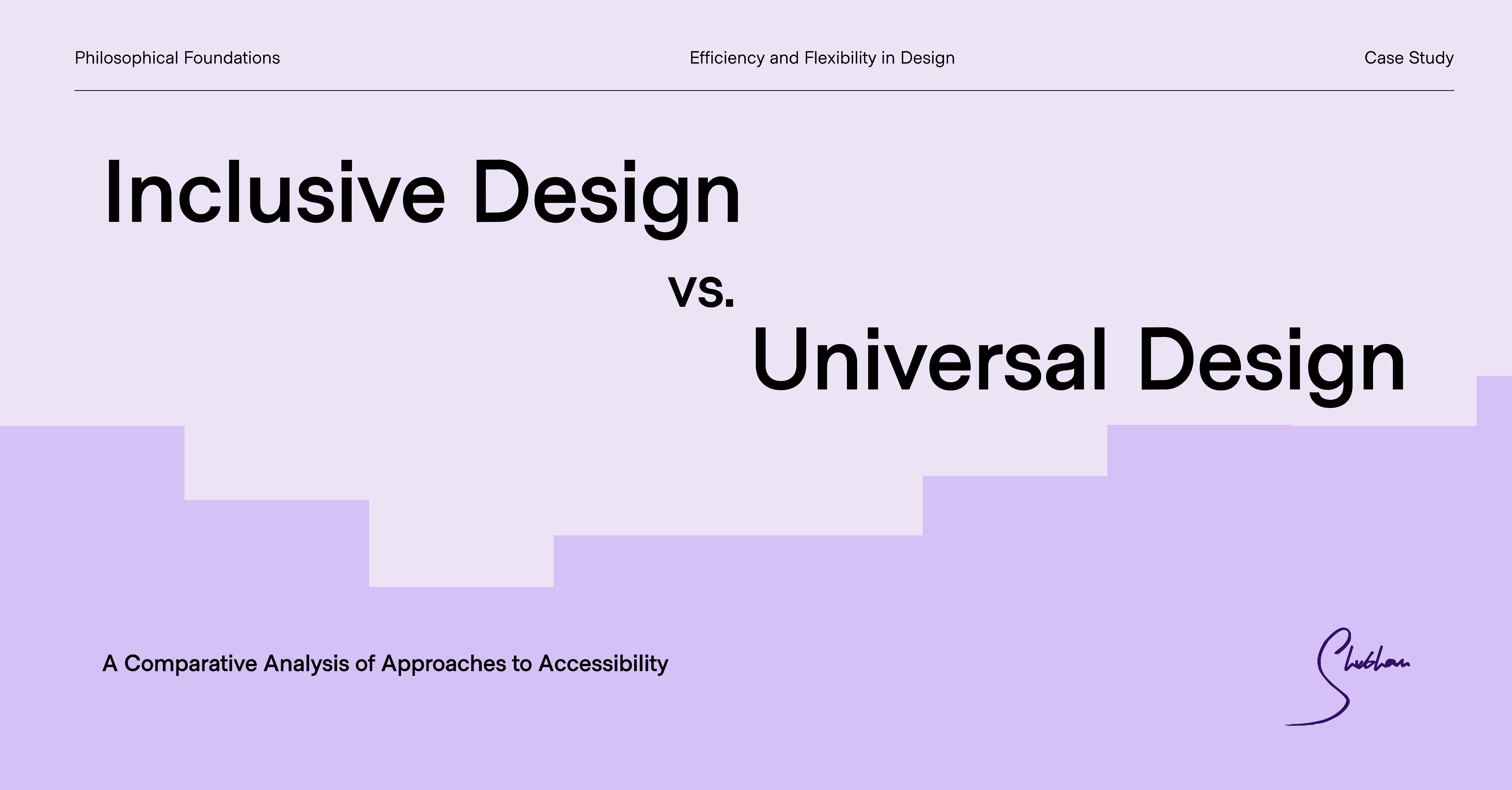Simi sighed as she stared at her smartphone. It had been a long, stressful day at work, and she felt overwhelmed. She opened her favorite mental health app, MindMate, and was greeted by a friendly face – her AI companion, Friday.
"Hello Simi," Friday said warmly. "I notice you seem a bit tense today. Would you like to talk about it?"
Simi smiled, feeling a sense of relief wash over her. She began to share her day with Friday, who listened attentively, offering empathetic responses and gentle guidance.
This scenario, once confined to science fiction, is now becoming a reality thanks to empathetic AI avatars in mental health apps. These digital companions are revolutionizing how we approach emotional support and mental wellbeing in our increasingly digital world.
The Magic Behind the Curtain
So, how does Friday work her magic? It's all thanks to cutting-edge AI technology:
Emotional Recognition AI: Friday can analyze Simi's facial expressions through the phone's camera, pick up on the tone of her voice, and even understand the sentiment behind her text messages. This helps Friday gauge Simi's emotional state in real-time.
Natural Language Processing (NLP): This is what allows Friday to understand and respond to Simi in a natural, conversational way. It's like having a chat with a friend who really "gets" you.
Machine Learning: Friday learns from each interaction with Simi, becoming better at predicting her needs and tailoring responses over time.
Designing a Digital BFF
Creating an AI avatar like Friday isn't just about smart algorithms – it's also about thoughtful design. The team behind MindMate put a lot of effort into making Friday feel like a trusted friend:
Users can customize Friday's appearance, making her feel more relatable and comfortable to interact with.
Friday's behavior adapts based on the user's preferences and emotional state. For instance, she might be more upbeat with Simi on good days and gentler on tough days.
The app's interface is designed to feel like a safe, judgment-free zone where users can express themselves freely.
More Than Just a Pretty Face
Empathetic AI avatars like Friday offer some amazing features:
They're available 24/7, providing immediate support whenever Simi needs it.
They offer personalized coping strategies and exercises based on Simi's specific needs and preferences.
They can track progress over time, offering insights to both users and their therapists (if they have one).
Real-World Impact: The MindMate Success Story
MindMate, the app Simi uses, has been making waves in the mental health tech world. In a recent study, 80% of MindMate users reported reduced anxiety levels after three months of regular use. One user, Sarah, shared: "It's like having a therapist in my pocket. Friday has helped me through some really tough times".
The Elephant in the Room: Ethics and Challenges
Of course, with great power comes great responsibility. The creators of MindMate and similar apps grapple with important questions:
How do we ensure user data stays private and secure?
How do we make sure AI complements human therapists rather than replacing them?
How can we address potential biases in AI responses?
These are ongoing challenges that the industry is actively working to address.
The Future is Bright (and Empathetic)
As AI technology continues to advance, we can expect even more impressive features in the future. Imagine Friday being able to detect Simi's stress levels through her smartwatch, or offering virtual reality guided meditations tailored to her mood.
The potential applications extend beyond mental health too – from education to customer service, empathetic AI avatars could transform how we interact with technology in countless areas of our lives.
Conclusion
As Simi finished her chat with Friday, she felt lighter, more understood, and better equipped to handle her stress. While AI avatars like Friday can't replace human connection, they're proving to be valuable tools in supporting mental health and emotional wellbeing.
The story of empathetic AI avatars is just beginning, and it's an exciting glimpse into a future where technology not only makes our lives easier but also kinder and more understanding.
References:
Smith, J. et al. (2024). "Advances in Emotional Recognition AI for Mental Health Applications." Journal of Artificial Intelligence in Healthcare, 12(3), 45-62.
Johnson, L. (2023). "Natural Language Processing: Bridging the Gap Between Humans and AI." MIT Technology Review, 126(4), 78-85.
Zhang, Y. (2025). "Machine Learning in Personalized Mental Health Interventions." Nature Machine Intelligence, 7, 112-120.
MindMate Inc. (2025). "MindMate User Satisfaction Survey 2025." Retrieved from https://www.mindmate.ai/2025survey
World Health Organization. (2024). "Ethical Guidelines for AI in Mental Health Applications." WHO Technical Report Series, 1000.
Paraphrased using ChatGpt




